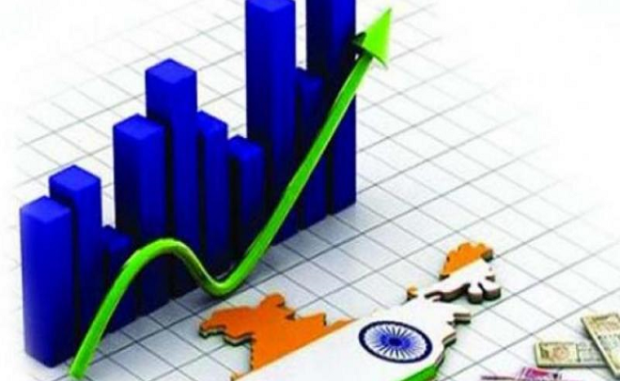
Weeks after the Trump Administration described India as a “leading global power”, a former Obama Administration diplomat in a book released today said that more than at any time over the past quarter-century, the country is well on its way to global power.
New Delhi: Weeks after the Trump Administration described India as a “leading global power”, a former Obama Administration diplomat in a book released today said that more than at any time over the past quarter-century, the country is well on its way to global power. “We are witnessing a country chart its course to power, and explicitly seeking not to displace others but to be recognized among the club of world powers, one in which it believes its membership is long overdue,” said Alyssa Ayres, who served as deputy assistant secretary of state for South Asia from 2010 to 2013. Currently, a senior fellow for India, Pakistan, and South Asia at the Council on Foreign Relations – a top American think-tank, Ayres says over the past 25 years, India’s economic expansion has vaulted it into the ranks of the world’s emerging major powers. A rising India now wants a seat at the table of global powers. With its huge military and growing economy, India is ready to set its own terms on everything from defence to climate to trade, she argues in her book ‘Our Time Has Come: How India is Making its Place in the world,’ which hit the stores today. “More than at any time over the past quarter-century, India is well on its way to global power,” Ayres asserts in the book in which she says that America’s relationship with India differs from its relationships with longstanding European and Asian partners because New Delhi, while seeking a closer strategic and economic relationship with the US, does not seek the obligations inherent to an alliance. To help shape this nontraditional partnership, Ayres emphasizes the need for global governance reform that makes space for India.
Her recommendations include backing Indian membership in the Group of Seven, the UN Security Council, and other institutions that set the global economic and security agenda; developing stronger bilateral economic ties with India; continuing to pursue stronger regional security cooperation with India; and supporting institutions of democracy. “India, as a rising power of Asia, should be better understood and better appreciated in its own terms — as a competitiveness issue for US economic and business interests, and as a matter of the demands of the new global diplomacy in which all of Asia plays a much more pivotal role,” she writes. At the same time, Ayres also highlights the challenges the country faces including that the Indian economy remains relatively protectionist, and no clear consensus exists on the benefits of a more open economy or stepping up the pace of economic reforms. “India struggles with the legacy of its longstanding foreign policy doctrine of nonalignment, and remains ambivalent about how it should exercise power,” she said. “India is intensely protective of what it sees as its autonomy, and seeks to shape international interactions very specifically on Indian terms,” she wrote in her book.
Source: Financial Express

Leave a Reply